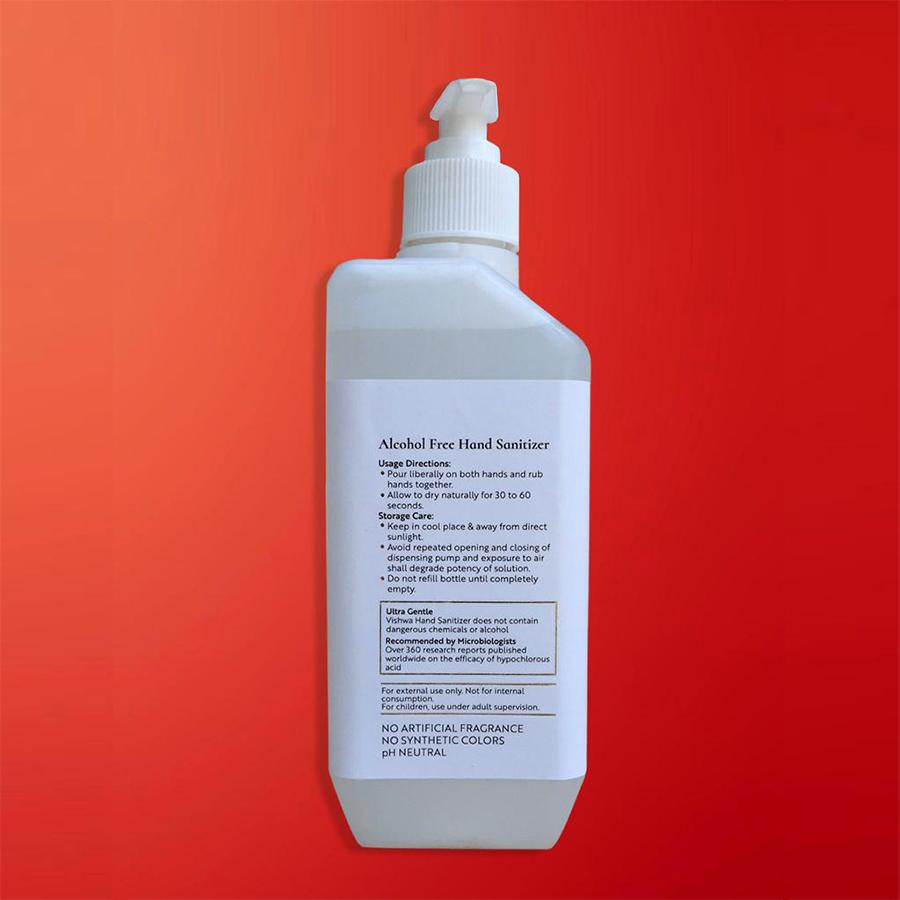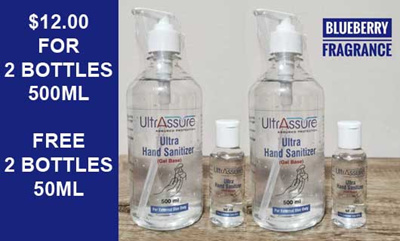

Long-term chronic use on the skin could also be a problem for both adults and children. Just a sip of methanol-tainted hand sanitizer can cause poisoning in a small child. The contaminated hand sanitizers are a different story. If a person swallows hand sanitizer, call Poison Control (1-80) or go online to get help with web POISONCONTROL® to see if they need medical attention or if it is safe to watch them at home. BUT, a lick of hand sanitizer should not do this. Another issue with all hand sanitizers is that they can be irritating to the stomach, causing nausea or vomiting if swallowed. That doesn't just mean woozy it means slow heart rate and slow breathing. Alcohol-based hand sanitizers can also make kids drunk. That's why the first treatment instruction after a child drinks alcohol, from any source, is to give something sweet to drink. In extreme, untreated situations, that can lead to coma and seizures. Serious toxicity would not be expected in either of these situations, even if it was a methanol- or benzene-containing product.Įven alcohol-based hand sanitizers that are made properly and do not contain contaminants can cause serious effects in children if ingested. It is best to throw away these recalled products to make sure no one accidentally uses them or ingests them.Ĭhildren will most commonly access hand sanitizer by putting their mouths on the pump, or by licking what was pumped out on their hands by parents. Methanol or benzene will not be listed on the label. Benzene is a chemical known to cause leukemia.Įven if your hand sanitizer label says it contains alcohol, ethanol, isopropyl alcohol, or benzalkonium chloride, it is important to check here to make sure it is not one of the contaminated products. In March 2021, a contaminant called benzene was detected in several hand sanitizer brands across multiple production batches.

Too much methanol can cause permanent blindness and death secondary to severe changes in body chemistry that happen as our bodies metabolize it. Methanol has a much narrower range of safety compared to ethanol and isopropanol. This news has prompted health care providers to be more cautious. In June 2020, the FDA announced that some popular hand sanitizers are contaminated with methanol (methyl alcohol). Recently, potentially dangerous contaminants have been discovered in some hand sanitizers. All alcohol-containing products such as beer, wine, liquor, rubbing alcohol, mouthwash, facial toner, or hair tonics that contain alcohol should be stored out of sight and out of reach of children.

Most of the time, the risk of hand sanitizer exposure was not considered more dangerous than exposure to other sources of alcohol in a child's environment. Such products usually contain ethanol (ethyl alcohol), isopropanol (isopropyl alcohol), or benzalkonium chloride (a detergent). Hand sanitizers usually contain alcohols that have been FDA approved for topical use.


 0 kommentar(er)
0 kommentar(er)
